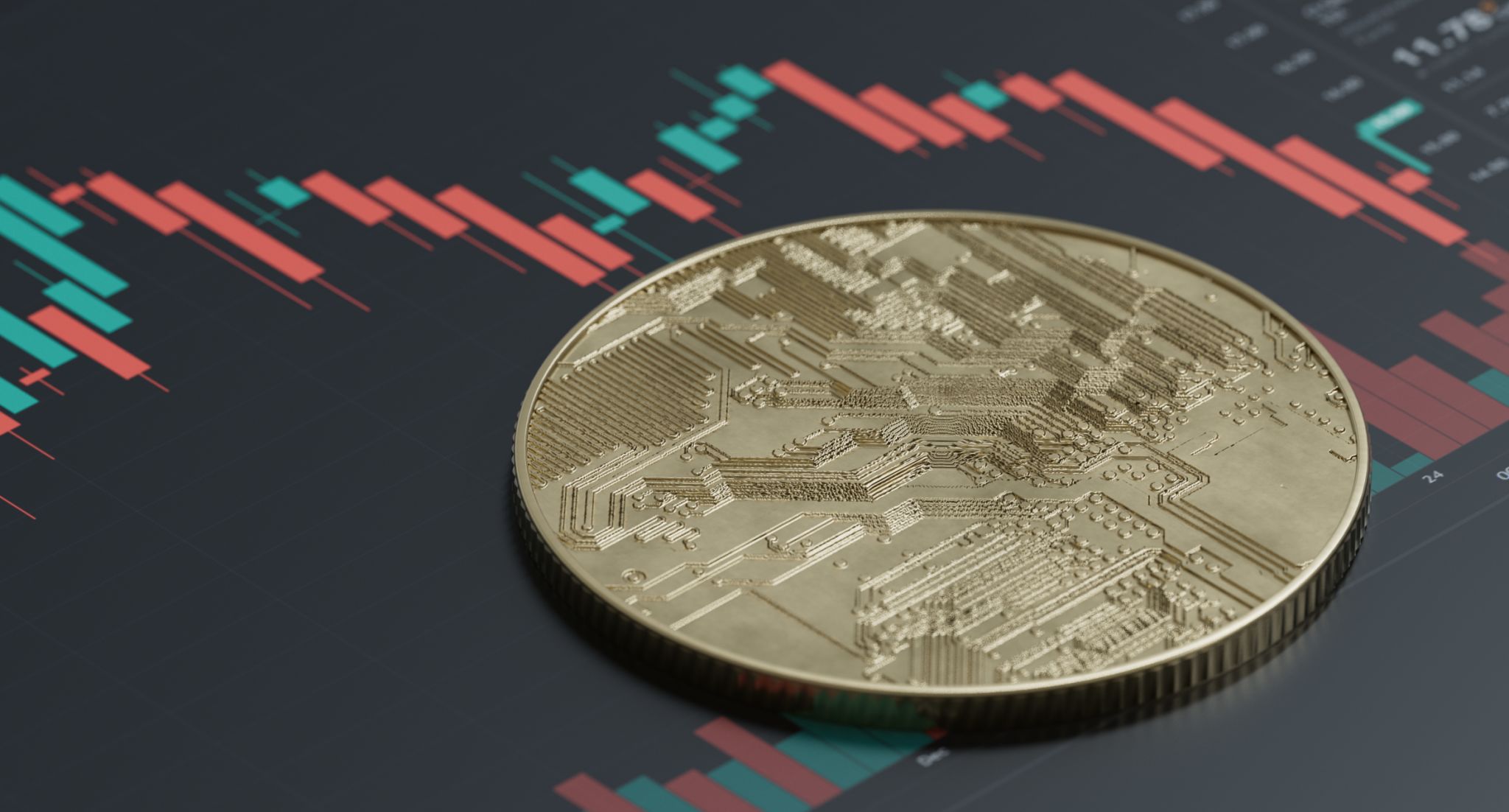Web3 Technology: Revolutionizing the Future of Digital Marketing
Understanding Web3 Technology
As the digital landscape evolves, Web3 technology is emerging as a transformative force in the world of digital marketing. This new paradigm is built on the principles of decentralization, blockchain technology, and enhanced user privacy. By shifting control from centralized entities to individual users, Web3 is set to revolutionize how brands connect with their audiences.
One of the core concepts of Web3 is the use of blockchain to ensure transparency and security. This distributed ledger technology allows for the creation of immutable records, which can significantly enhance trust between businesses and consumers. For marketers, this means an opportunity to offer more authentic and reliable interactions.

Enhanced User Experience
Web3 promises an enriched user experience powered by smart contracts and decentralized applications (dApps). These technologies allow for seamless interactions without intermediaries, reducing costs and increasing efficiency. For digital marketers, this opens up avenues to create more personalized and engaging experiences for their customers.
With Web3, users have more control over their data. This shift empowers consumers to decide what information they share and how it's used, fostering a sense of trust and loyalty towards brands that respect user privacy. Marketers need to adapt by developing strategies that prioritize consent and transparency.

Tokenomics and Digital Marketing
Another significant aspect of Web3 is tokenomics—the study of the economics of tokens within a blockchain ecosystem. Tokens can be used as incentives for various marketing strategies, creating new ways to engage and reward customers. Loyalty programs can now be tokenized, allowing users to earn and trade rewards within a decentralized marketplace.
Moreover, tokens can facilitate community building by enabling decentralized governance models. Brands can involve their audience in decision-making processes, strengthening community bonds and enhancing brand loyalty. This participatory approach not only empowers users but also provides invaluable insights into consumer preferences.

Challenges and Considerations
While Web3 offers numerous opportunities, it also presents challenges that marketers must navigate. The decentralized nature of this technology can lead to fragmented data sources, making it more difficult to collect and analyze consumer insights. Marketers will need to invest in new tools and skills to harness this data effectively.
Additionally, the nascent state of Web3 means that standards and regulations are still evolving. Marketers must stay informed about legal developments to ensure compliance and protect their brand's reputation. This dynamic environment demands agility and continuous learning from marketing professionals.

The Road Ahead
The integration of Web3 technology into digital marketing strategies is not just a trend but a transformative shift that could redefine industry standards. As brands explore this new frontier, those who embrace innovation and prioritize user-centric approaches are likely to thrive.
In conclusion, Web3 technology offers exciting possibilities for digital marketers willing to experiment and adapt. By leveraging decentralized technologies, fostering consumer trust, and creating engaging experiences, businesses can position themselves at the forefront of this digital revolution.
